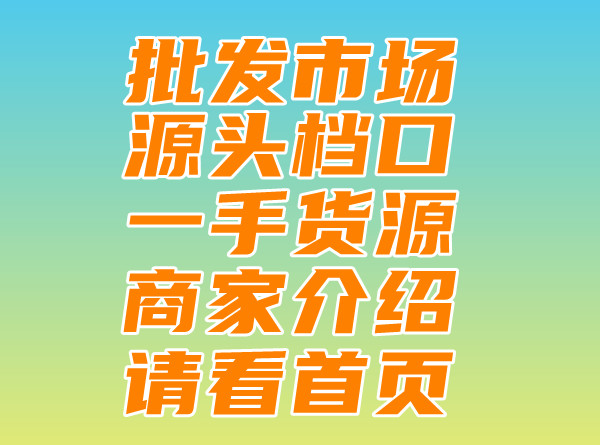Luxury Goods Replication and Knockoffs: The Insider Guide to Fake It Like Fine Art.
Luxury Goods Replication and Knockoffs: The Insider Guide to Fake It Like Fine Art.,
Luxury Goods Replication: A Look into the World of Fake Luxury
In today's world, the concept of luxury has become a pervasive part of our culture and lifestyle. The desire for luxury goods has led to the emergence of a thriving industry—the replication of luxury items.
The rise of counterfeit luxury goods has become a global phenomenon. From high-end fashion brands to fine jewelry and accessories, the market for replicated luxury items is vast and lucrative. Consumers, who aspire to own luxury goods but cannot afford the original price tags, often opt for these replicas.
The Attraction of Fake Luxury
The allure of fake luxury lies in its ability to offer an affordable alternative to the exclusive world of high-end brands. With advancements in technology and the rise of skilled craftsmanship, replicated luxury items have become increasingly sophisticated and convincing. Some consumers find these replicas meet their need for status symbols without the high financial commitment.
However, buying replicated luxury goods also has its risks. Many of these replicas are not only visually similar but also attempt to replicate the quality and craftsmanship of the original. Yet, there is often a compromise in quality that can be seen in terms of materials used, workmanship, and longevity. Additionally, buying from unverified sources can expose consumers to fraud and legal implications.
The Ethical and Social Implications
The ethical implications of buying replicated luxury goods are complex. While some argue that it is merely a matter of personal choice, others point to the damage done to genuine brands and the potential loss of revenue for legitimate businesses.
Moreover, the replication industry often employs unethical practices such as exploiting low-wage workers or using illegal methods to obtain designs. This not only affects the reputation of legitimate businesses but also harms the economy and employment opportunities.
Conclusion
In conclusion, the world of replicated luxury goods offers an affordable alternative to the high-end world of luxury. However, consumers must be aware of the risks involved, including compromised quality and ethical implications. Buying genuine luxury goods from verified sources not only ensures quality but also supports legitimate businesses and helps maintain ethical standards.
Moreover, society as a whole should encourage a culture of authenticity and discourage the proliferation of replicated goods to uphold ethical values and protect legitimate businesses.
以上内容仅供参考,您可以根据自身需求进行调整优化。

- Title: "Emulating Luxury Patterns: A Design Perspective"
- "Luxury Bag Brand Replication: The Story of Replica Luxury Bags"
- Affordable Luxury Fashion: The Rise of Replica Luxury Clothing
- Title: "The Realm of Realistic Luxury: Authentic Luxury Replicas"
- Luxury Women's Jacket Knockoffs: A Fashion Story.
- Luxury Brand High-End Replica Women's Fashion.
- Luxury Brand Knockoffs: The仿真探索
- Luxury Replica Men's Fashion: The Ultimate Guide to Stylish Wear推荐奢侈仿品男装风格指南


